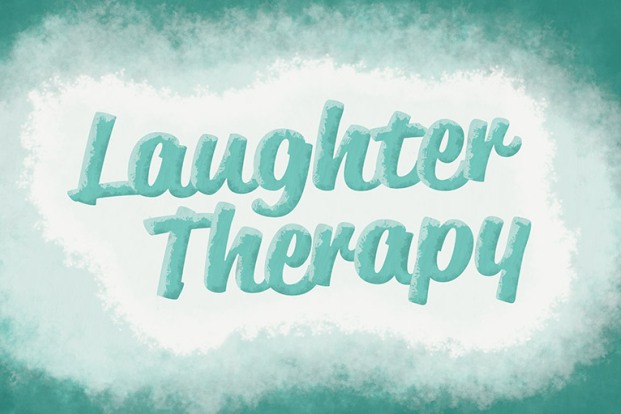Laughter Therapy for Depression
in Psychiatry and Psychology
Apr 19, 2022
Here are few of the ways laughter can support on depression :-
- Laughter may strengthen the immune system by activating cells that attack viruses
- Laughing may lower blood pressure for some by inducing relaxation and preventing the release of stress hormones such as cortical

- Laughter can trigger the release of endorphins which give you a sense of well being. These endorphins are also original painkillers
- Laughing can less stress and anxiety because it naturally relaxes you. Laughter induces your heart rate to slow down and your blood pressure to decrease.
- Few experts say that laughter increases our creativity as it encourages a new perspective to look at things
- Laughing with others may be the good way to reap the benefits of laughter as it develops the mood through social connection and an increased feeling of belonging. Laughing with friends can decrease feelings of alienation and lowers our risk for depression. Psychologists refer to this as laughter therapy to reduce feelings of depression or anxiety
- Laughing at our embarrassing or stressful situations can be difficult; however, laughter can be a useful coping skill
- Laughter can reduce the release of stress hormones and improve a person’s overall mood, making them feel more relaxed in negative settings
- Laughter exercises increase the levels of endorphins; therefore, reducing feelings of depression. Laughter exercises also improve the blood supply to internal organs promoting the functioning of a person’s digestive tract
- Laughter clubs involve gatherings of individuals with the aim of laughing to reduce feelings of stress
- Stress or relax one and you will stress or relax them all. In the bigger picture: Stress or relax your body, and you will stress or relax your head








